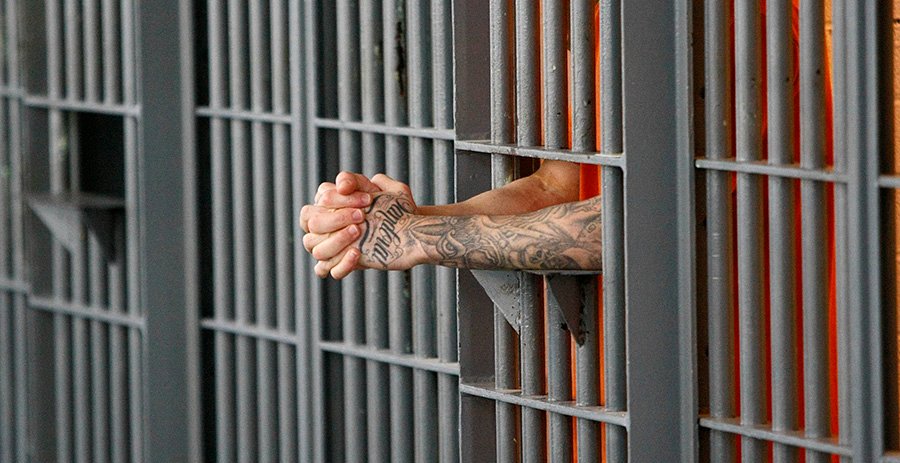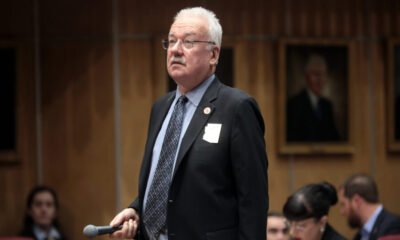Education
Budget Proposal Promises Funding for Job Training, Education, and Therapy for Wrongfully Convicted Prisoners

Arizona lawmakers are considering a budget proposal that would provide compensation for exonerated inmates, an initiative aimed at addressing wrongful imprisonments.
The proposal includes financial relief, counseling, training, and educational support for those wrongfully convicted. Representative Khyl Powell, the architect of the plan, believes this measure is essential for holding the state accountable for its past mistakes.
Among those affected is Drayton Witt, who survived a brutal stabbing incident while incarcerated. He now advocates for fair compensation for himself and others unjustly imprisoned.
The proposed legislation would allow exonerated individuals like Witt to claim financial relief equivalent to twice the median income for each year served. This estimation spans the 12 years of his wrongful incarceration.
Beyond financial compensation, Witt emphasized the importance of accountability. “If you take something from somebody that you can’t give back, how do you measure what you’ve taken?” he asked during a discussion with colleagues.
The bill proposes protections that would prevent the state from reducing compensation based on costs incurred for housing and feeding exonerated inmates.
Khalil Rushdan, who spent 15 and a half years behind bars due to a wrongful conviction, supports the initiative. However, he acknowledges that some losses cannot be repaired with money, including the years lost with family.
To qualify for compensation, individuals must meet specific criteria, such as obtaining a pardon based on innocence or having their convictions reversed. Additionally, this also applies to those who enter an “Alford plea” but maintain their innocence.
Financial compensation might cover 200% of the median household income for each year spent in prison, with further provisions for attorney fees and mental health care costs during reintegration.
The proposed legislation allocates resources for mental health treatment and vocational training, addressing the challenges many exonerated individuals face upon release.
While the proposal comes at a significant cost, with estimates suggesting a one-time financial impact of $4.5 million if only a fraction of exonerated individuals apply, there has been no opposition raised against the measure.
The initiative is currently being considered as part of Arizona’s final budget package, with lawmakers hopeful for its successful implementation.


















